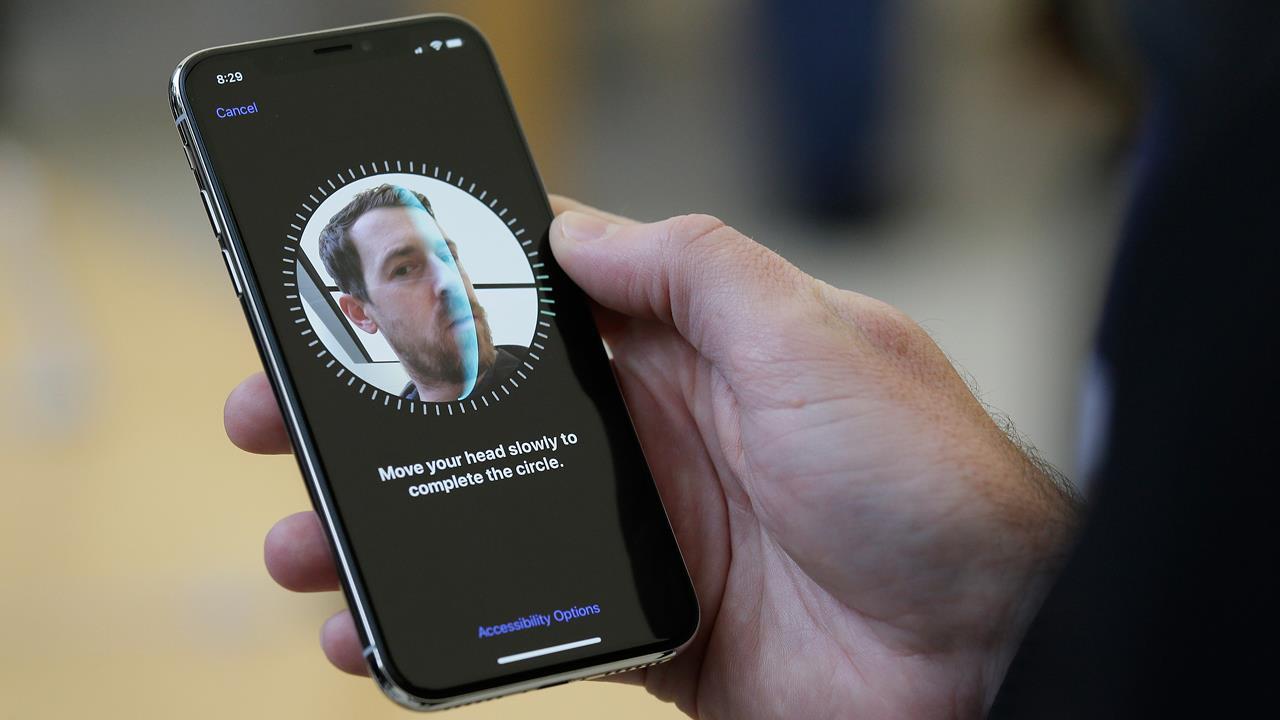T-Mobile, Sprint to merge in all-stock deal
T-Mobile US Inc. and Sprint Corp. agreed on Sunday to merge in an all-stock transaction, following on-again, off-again talks to combine the two companies.
Deutsche Telekom, which owns a majority stake in T-Mobile, will control 42% of the new company. SoftBank Group, which is the majority shareholder in Sprint, will control 27% of the company. The remaining 31% will be held by the public. Based on Friday’s closing stock prices, T-Mobile has a market value of $55 billion, while Sprint’s market value is $26 billion.
The new company will be named T-Mobile, with current CEO John Legere remaining in charge, and will be headquartered in Bellevue, Washington, while a second headquarters will be located in Overland Park, Kansas – the current headquarters of Sprint.
By combining, T-Mobile will become the nation’s third-largest mobile carrier service, following Verizon Wireless and AT&T, which rank first and second, respectively.
“This combination will create a fierce competitor with the network scale to deliver more for consumers and businesses in the form of lower prices, more innovation, and a second-to-none network experience – and do it all so much faster than either company could on its own,” Legere said in a statement. “As industry lines blur and we enter the 5G era, consumers and businesses need a company with the disruptive culture and capabilities to force positive change on their behalf.”
The merger will create more new jobs than T-Mobile and Sprint would separately, the two companies said in a press release, adding that the new company plans to invest $40 billion in its new network and business in the first three years – 46% more than both spent combined in the past three years.
One of the major goals the new company hopes to accomplish is creating a strong 5G wireless network across America. Development of the technology – which would have significant economic benefits – is underway, with 5G networks expected to launch worldwide around 2020. Currently, China is ahead of both South Korea and the U.S. in overall 5G readiness. The highly-anticipated, more powerful wireless network is expected to provide significant economic benefits to the leader, something America experienced as the forerunner in the 4G race. By investing $275 billion into building 5G network infrastructure, three million jobs will be created and $500 billion added to the U.S. economy, according to data from CTIA, a trade group representing the wireless communications industry in the U.S.
Still, the mega-merger will need to be approved by U.S. regulators, which has not been easy under President Donald Trump, whose administration sued to block the proposed $85 billion deal between AT&T and Time Warner last year. If it does receive regulatory approval, the new company will have more than 120 million subscribers.
The merger will create more new jobs than T-Mobile and Sprint would separately, the two companies said in a press release, adding that the new company plans to invest $40 billion in its new network and business in the first three years – 46% more than both spent combined in the past three years.
The companies most recently held negotiations in November 2017, before restarting talks earlier this month.




















